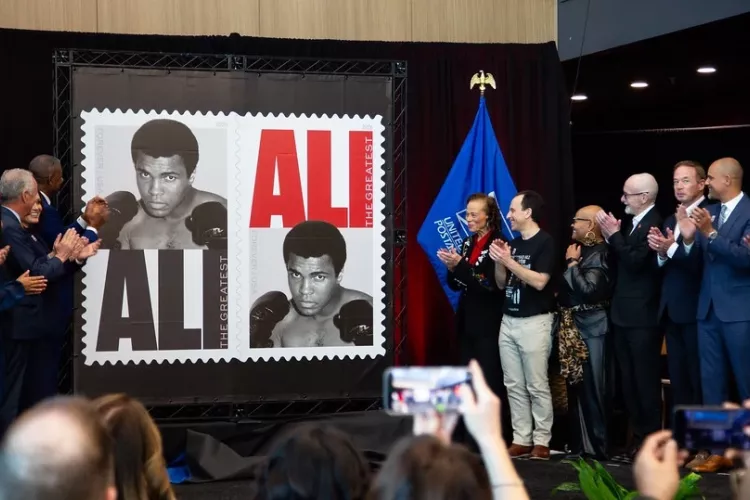UPS steps up to help fund potential coronavirus breakthrough
October 2, 2024Shipping giant UPS is providing a $100,000 contribution to the University of Louisville to fund promising research into blocking the novel coronavirus from infecting human cells.
UofL is seeking to fast-track development of its discovery, including application to the Food and Drug Administration, for approval to begin treating patients already infected with COVID-19. The UPS gift, which will fund trials and test materials, will help enable that work.
“UPS delivers all over the world, so everywhere we operate is now affected by the COVID-19 pandemic,” said UPS Airlines President Brendan Canavan. “We’re committed to serve every one of those communities and are hopeful that this grant will help unlock an effective treatment for the virus.”
UPS Airlines is based in Louisville, and UPS has a long-standing relationship with UofL through the Metropolitan College program.
The work being conducted at UofL involves a piece of synthetic DNA known as an “aptamer” and was originally developed as a cancer treatment by researcher Paula Bates with co-researchers John Trent and Dr. Don Miller. With the global pandemic of coronavirus and the COVID-19 disease it causes, Bates partnered with fellow researcher Kenneth Palmer, director of UofL’s Center for Predictive Medicine for Biodefense and Emerging Infectious Diseases, to apply the technology once again.
Their work is especially promising because the biotechnology has already been tested in clinical trials, and researchers have conducted proof-of-concept experiments showing the aptamer is effective against the virus. Previous clinical trials for cancer patients also show that the treatment is safe for patients.
“I deeply appreciate the gift from UPS that helps support my work,” said Bates, a professor of medicine. "It is with gifts such as this that we will be able to advance our research and our ability to treat the novel coronavirus. I'm also thankful to be in such a collaborative setting with great facilities and a supportive environment for translational research. There are only a few places where we could have tested this idea so quickly."



